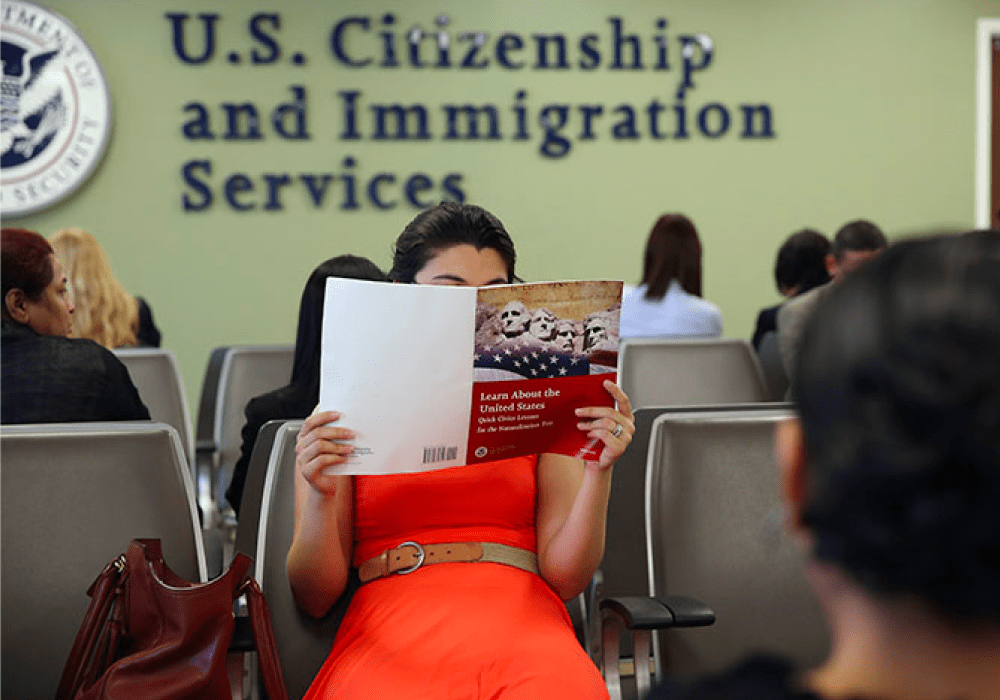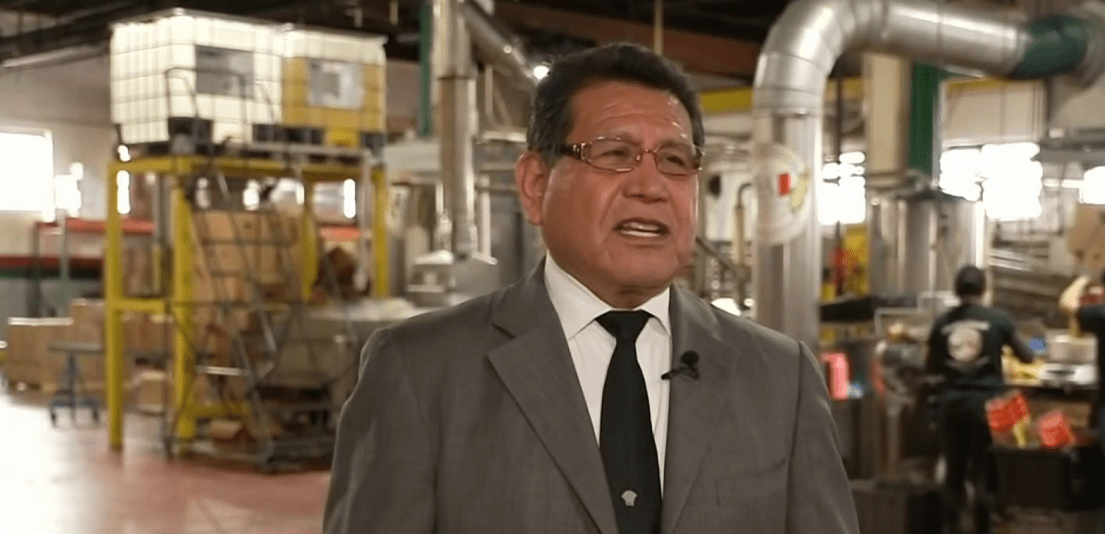Except in specific cases, immigrants are not eligible to obtain federal benefits such as food assistance, however, they can access programs at the state level.
There are several states that allow legal immigrants to be beneficiaries of food assistance programs. For example, California, Connecticut, Illinois, Maine, Minnesota, and Washington. These states have programs that perform tasks similar to federal programs such as the Supplemental Nutrition Assistance Program (SNAP).

Each state has its own assistance programs as well as its own eligibility requirements for authorized immigrants. For example, the state of Washington, has the food assistance program for legal immigrants (FAP), which provides assistance to immigrants who are not eligible for federal programs such as SNAP due to their foreign status.
In this case, FAP considers two types of eligible immigrants: Qualified aliens, who do not meet the SNAP age requirements, and can be beneficiaries of FAP for up to 5 years, until they reach the age required for the federal program. Nonqualified aliens, on the other hand, are immigrants who are not eligible for SNAP or other federal programs unless they adjust their immigration status.
In this sense, in states like Connecticut, similar rules also apply, since they provide an opportunity for legal immigrants to access food programs since they cannot receive federal benefits.
Likewise, in states like Minnesota, the only immigrants who have access to their state programs are those over 50 years of age.
Undocumented immigrants, on the other hand, are not eligible for federal or state benefits. However, in California, state lawmakers have proposed opening state food stamp programs to immigrants regardless of status. These programs serve about 35,000 legal immigrants who cannot be beneficiaries of federal programs.
In this sense, the legislators propose that, starting in 2023, such an expansion would be achieved, which would cost around $550 million annually. However, Governor Gavin Newsom's administration reduced the proposal to just a two-year, $30 million project to provide food to undocumented immigrants who complete their applications to be beneficiaries of the program.



















